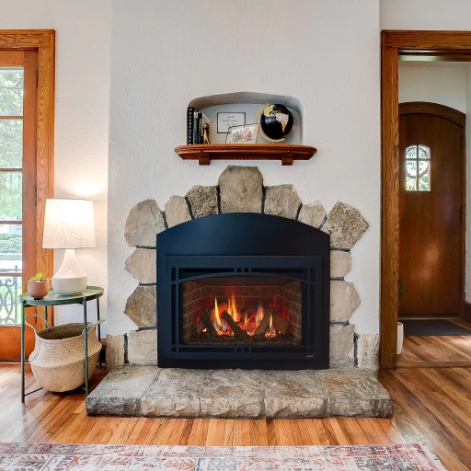Manufacturer Products
- Advanced Architectural Grilleworks
- Amantii Fireplaces
- American Fyre Designs
- Ashley Hearth Products
- Blaze King
- Breeo Firepits
- Buck Stove Fireplaces
- David Kimberly Door Company
- DaVinci Custom Fireplaces
- Dimplex
- Drolet
- DuraVent
- Ecosmart Fire
- Eiklor Flames
- Element4
- Empire Comfort Systems
- Enervex
- Englander Stove
- Enviro Fireplaces
- European Home
- EverWarm Gas Logs
- Fire Garden
- Firegear Outdoors
- FireMagic
- Fireplace Xtrordinair
- FireRock Building Materials
- Fire Sense
- Flamerite Fires
- Flare Fireplaces
- Focus Fireplaces
- Forshaw Mantels
- Grand Canyon Gas Logs
- Harman Stoves
- Hearth & Home Technologies
- Heat & Glo
- HeatFast
- Heatilator
- Heatmaster Fireplaces
- Holly & Martin Fireplaces
- HPC Fire
- Instone
- IntelliFire Ignition System
- JC Bordelet
- Jotul
- Kingsman Fireplaces
- Leenders
- Lexington Hearth Mantels
- Litedeer Homes
- Lopi Stoves
- Malm Fireplaces
- Modern Flames Fireplaces
- Monessen Fireplaces
- Montigo Fireplaces
- Napoleon Fireplaces
- NetZero Fire
- Opti-Myst
- Ortal Fireplaces
- Osburn Fireplaces
- Outdoor Greatroom Company
- Outdoor Lifestyles Fireplaces
- Pearl Mantels
- Peterson Log Sets
- Planika USA
- Quadra-Fire
- Regency Fireplace Products
- Remii Fireplaces
- Renaissance Cooking Systems
- Sierra Flame Fireplaces
- SimpliFire
- SÓLAS Contemporary Fire
- Spartherm
- Stellar Fireplaces
- Stoll Industries
- Stuv America
- Superior Fireplaces
- Swiss Fire Cube
- The Bio Flame
- Travis Industries
- US Stove
- Valcourt
- Valor Fireplaces
- Ventis Fireplaces
- Vermont Castings
- Vogelzang Products
- White Mountain Hearth
- Advanced Architectural Grilleworks
- Amantii Fireplaces
- American Fyre Designs
- Ashley Hearth Products
- Blaze King
- Breeo Firepits
- Buck Stove Fireplaces
- David Kimberly Door Company
- DaVinci Custom Fireplaces
- Dimplex
- Drolet
- DuraVent
- Ecosmart Fire
- Eiklor Flames
- Element4
- Empire Comfort Systems
- Enervex
- Englander Stove
- Enviro Fireplaces
- European Home
- EverWarm Gas Logs
- Fire Garden
- Firegear Outdoors
- FireMagic
- Fireplace Xtrordinair
- FireRock Building Materials
- Fire Sense
- Flamerite Fires
- Flare Fireplaces
- Focus Fireplaces
- Forshaw Mantels
- Grand Canyon Gas Logs
- Harman Stoves
- Hearth & Home Technologies
- Heat & Glo
- HeatFast
- Heatilator
- Heatmaster Fireplaces
- Holly & Martin Fireplaces
- HPC Fire
- Instone
- IntelliFire Ignition System
- JC Bordelet
- Jotul
- Kingsman Fireplaces
- Leenders
- Lexington Hearth Mantels
- Litedeer Homes
- Lopi Stoves
- Malm Fireplaces
- Modern Flames Fireplaces
- Monessen Fireplaces
- Montigo Fireplaces
- Napoleon Fireplaces
- NetZero Fire
- Opti-Myst
- Ortal Fireplaces
- Osburn Fireplaces
- Outdoor Greatroom Company
- Outdoor Lifestyles Fireplaces
- Pearl Mantels
- Peterson Log Sets
- Planika USA
- Quadra-Fire
- Regency Fireplace Products
- Remii Fireplaces
- Renaissance Cooking Systems
- Sierra Flame Fireplaces
- SimpliFire
- SÓLAS Contemporary Fire
- Spartherm
- Stellar Fireplaces
- Stoll Industries
- Stuv America
- Superior Fireplaces
- Swiss Fire Cube
- The Bio Flame
- Travis Industries
- US Stove
- Valcourt
- Valor Fireplaces
- Ventis Fireplaces
- Vermont Castings
- Vogelzang Products
- White Mountain Hearth
Jotul
History of the Company

Jøtul, founded in 1853 by Oluf Onsum in Norway, began its journey as Kværner Jernstøberi.
Initially focusing on cast iron products, the company became one of Norway’s largest wood stove foundries by the early 1900s.
In 1916, Herman Anker purchased the foundry, rebranding it as Kværner Ovnsstøperi, and continued developing high-quality cast iron stoves.
Despite economic challenges in the 1920s, Johannes Gahr revitalized the company, solidifying its position in the market.
Throughout the 20th century, Jøtul adapted to changing energy needs, shifting focus to liquid fuel stoves in the 1960s.
The oil crisis of the 1970s rekindled demand for wood stoves, allowing Jøtul to expand internationally.
Acquired by Norcem in 1977, the company embarked on global expansion, acquiring foundries and importers worldwide.
In recent decades, Jøtul has built a strong international presence, with products sold across six continents.
Known for its commitment to craftsmanship and innovation, Jøtul integrates modern technology, such as virtual reality, into its product development.
The company emphasizes sustainability, using recycled cast iron and adhering to strict environmental standards.
Today, Jøtul stands as a leader in the wood stove and fireplace industry, combining Norwegian heritage with cutting-edge technology to produce reliable, high-quality products cherished by customers worldwide.
Mission and Values
Jøtul’s mission centers on crafting high-quality stoves and fireplaces that provide warmth, comfort, and timeless design.
They aim to combine traditional Norwegian craftsmanship with modern technology to create products that meet the needs of contemporary living while maintaining a strong connection to their heritage.
Jøtul commits to sustainability by using recycled materials and ensuring their manufacturing processes are environmentally friendly.
The company’s values emphasize quality, durability, and design.
Jøtul believes in producing cast iron stoves and fireplaces that stand the test of time, both in terms of functionality and aesthetic appeal.
They value Norwegian craftsmanship, which is evident in the meticulous attention to detail and the robust build of their products.
This commitment to quality ensures that each Jøtul product provides reliable performance and long-lasting durability.
Sustainability plays a crucial role in Jøtul’s values.
They prioritize using recycled materials and minimizing their environmental footprint.
This commitment to sustainability not only helps protect the environment but also ensures that their products are safe and efficient for customers.
Innovation and continuous improvement drive Jøtul’s operations.
The company embraces new technologies and methodologies to enhance product performance and customer satisfaction.
They focus on creating designs that blend seamlessly with modern architecture while retaining the classic charm of traditional wood stoves and fireplaces.
In summary, Jøtul’s mission and values revolve around producing high-quality, sustainable, and innovative heating solutions.
They uphold Norwegian craftsmanship and design, ensuring their products bring warmth and comfort to homes worldwide.
Overview of Products
Jøtul offers a diverse range of high-quality stoves and fireplaces designed to provide warmth, comfort, and aesthetic appeal.
Their product lineup includes wood stoves, gas stoves, wood inserts, and fireplace inserts, catering to various heating needs and preferences.
Jøtul’s wood stoves are renowned for their efficiency, durability, and timeless design.
These stoves come in various sizes and styles, ensuring that there is a perfect fit for any home.
The wood stoves are crafted from cast iron, providing exceptional heat retention and a classic look that complements both traditional and modern interiors.
Gas stoves from Jøtul offer a convenient and efficient heating solution.
They provide the beauty of a real flame without the need for wood.
These stoves are designed with advanced technology to ensure optimal performance, easy operation, and energy efficiency.
Jøtul’s gas stoves are available in a variety of styles, from contemporary to traditional, allowing homeowners to choose a model that suits their decor.
For those looking to upgrade their existing fireplaces, Jøtul offers wood inserts and gas inserts.
These inserts are designed to enhance the efficiency and appearance of traditional fireplaces.
Wood inserts provide the charm and warmth of a wood-burning fire, while gas inserts offer the convenience of instant heat with the flip of a switch.
Both types of inserts are crafted with the same attention to detail and quality as Jøtul’s free-standing stoves.
In addition to stoves and inserts, Jøtul also provides a range of accessories to complement their products.
These include fireplace tools, log holders, and maintenance kits, all designed to enhance the user experience and ensure the longevity of their stoves and fireplaces.
Overall, Jøtul’s product lineup is characterized by superior craftsmanship, innovative design, and a commitment to sustainability, making them a trusted choice for heating solutions worldwide.
Manufacturing Process
Jøtul’s manufacturing process combines traditional craftsmanship with modern technology to produce high-quality stoves and fireplaces.
They start with recycled cast iron, which ensures durability and sustainability.
The cast iron is melted and poured into molds to form various parts of the stoves and fireplaces.
Once the cast iron parts are formed, they undergo a rigorous inspection process to ensure they meet Jøtul’s high standards.
Any imperfections are removed, and the parts are smoothed and finished to achieve a flawless surface.
This meticulous attention to detail ensures that each component fits perfectly and functions efficiently.
Jøtul uses advanced technology in its manufacturing process.
They employ state-of-the-art machinery and tools to cut, shape, and assemble the parts with precision.
This integration of technology enhances the efficiency and consistency of their production, ensuring that every product is of the highest quality.
The assembly process involves skilled craftsmen who meticulously piece together the cast iron parts.
They ensure that each stove and fireplace is assembled correctly and securely.
This step is crucial for the overall performance and safety of the final product.
After assembly, each stove and fireplace undergoes rigorous testing.
Jøtul ensures that their products meet strict safety and performance standards.
They test for heat output, efficiency, and emissions to guarantee that each unit provides optimal performance.
Finally, Jøtul applies a durable finish to the stoves and fireplaces.
This finish not only enhances the aesthetic appeal but also provides protection against wear and corrosion.
The finished products are then carefully packaged and prepared for shipment to customers around the world.
Jøtul’s manufacturing process reflects their commitment to quality, craftsmanship, and sustainability.
By combining traditional methods with modern technology, they produce stoves and fireplaces that are both beautiful and functional.
Advantages of Jotul
Jøtul offers numerous advantages that make their stoves and fireplaces stand out in the market.
One of the primary benefits is their commitment to quality.
Jøtul uses high-grade cast iron in their products, ensuring exceptional durability and heat retention.
This material choice allows their stoves and fireplaces to withstand years of use while maintaining their structural integrity and performance.
Another significant advantage of Jøtul products is their efficiency.
The company designs its stoves and fireplaces to provide optimal heat output with minimal fuel consumption.
This efficiency not only reduces heating costs but also minimizes environmental impact.
Jøtul’s advanced combustion technology ensures that their products burn fuel cleanly, producing fewer emissions and contributing to a healthier environment.
Jøtul’s products also offer versatility in design.
They come in various styles, from traditional to contemporary, making it easy to find a model that complements any home decor.
The timeless design of Jøtul stoves and fireplaces ensures they remain aesthetically pleasing for many years, adding value to your home.
Ease of use is another advantage.
Jøtul’s gas stoves and inserts provide the convenience of instant heat with the flip of a switch, while their wood stoves and inserts are designed for easy operation and maintenance.
This user-friendly approach ensures that homeowners can enjoy the warmth and ambiance of a Jøtul product without hassle.
Sustainability is a core value at Jøtul.
They prioritize using recycled materials and implementing environmentally friendly manufacturing processes.
This commitment to sustainability not only benefits the environment but also aligns with the values of eco-conscious consumers.
In summary, Jøtul’s stoves and fireplaces offer superior quality, efficiency, versatile design, ease of use, and sustainability, making them a preferred choice for homeowners seeking reliable and environmentally friendly heating solutions.
Considerations for Buyers
When considering a Jøtul stove or fireplace, evaluate several key factors to select the right product for your needs.
First, determine the primary purpose of the stove or fireplace.
Decide whether you need it for heating, cooking, or aesthetic purposes.
Jøtul offers various models designed for different functions, so choose one that aligns with your specific requirements.
Assess the size and heating capacity of the stove or fireplace.
Consider the area you intend to heat and select a model that provides sufficient output.
Jøtul stoves are efficient, but choosing the correct size ensures optimal performance and energy savings.
Examine the fuel type.
Jøtul offers wood, gas, and pellet stoves.
Wood provides a traditional experience, gas offers convenience, and pellets are an eco-friendly option.
Your choice will depend on availability, cost, and personal preference.
Installation and placement are crucial considerations.
Ensure you have the appropriate space and ventilation for safe installation.
We recommend professional installation to comply with local building codes and safety standards.
Proper installation maximizes efficiency and safety.
Maintenance and care are also important.
Jøtul designs stoves and fireplaces for durability and easy maintenance.
Regular cleaning and servicing extend their lifespan and maintain efficiency.
Consider the long-term maintenance requirements and prepare for necessary upkeep.
Finally, think about the aesthetic appeal.
Jøtul offers a range of styles from traditional to contemporary.
Select a design that complements your home decor and enhances your living space.
By considering these factors, you can ensure that your investment in a Jøtul stove or fireplace meets your heating needs, fits your space, and aligns with your lifestyle.
Frequently Asked Questions
General Information
Q: Is Jotul a good brand for wood stoves?
A: Yes, Jotul is a highly respected brand known for its durable and efficient wood stoves. They use high-quality cast iron and advanced combustion technology to provide long-lasting and efficient heating solutions.
Q: Where are Jotul stoves made?
A: Jotul stoves are primarily made in Norway. The company has a long tradition of craftsmanship and quality, ensuring each stove meets high standards.
Q: How long has Jotul been in business?
A: Jotul has been in business since 1853. With over 160 years of experience, they are one of the oldest and most trusted stove manufacturers in the world.
Environmental and Efficiency
Q: Are Jotul stoves eco-friendly?
A: Yes, Jotul stoves are designed to be environmentally friendly. They feature clean burn technology that reduces emissions and improves fuel efficiency, making them a great choice for eco-conscious consumers.
Q: What types of stoves does Jotul offer?
A: Jotul offers a range of stoves, including wood stoves, gas stoves, and pellet stoves. Each type is designed to provide efficient and reliable heating.
Maintenance and Use
Q: How do I maintain a Jotul stove?
A: Regular maintenance of a Jotul stove involves cleaning the glass, checking and replacing gaskets, and ensuring the chimney is clear of obstructions. It’s also recommended to have a professional inspection annually.
Q: Can Jotul stoves be used in small spaces?
A: Yes, Jotul offers compact stove models that are ideal for small spaces. These stoves are designed to provide efficient heating without taking up too much room.
Warranty and Installation
Q: What is the warranty on Jotul stoves?
A: Jotul stoves typically come with a limited lifetime warranty on the cast iron parts. Other components may have different warranty periods, so it’s best to check the specific terms for each model.
Q: Do Jotul stoves require a chimney?
A: Yes, Jotul wood stoves and some gas stoves require a chimney or venting system to safely expel smoke and gases. It’s important to follow installation guidelines to ensure proper ventilation.
